Spring School 2025 | Feature your future
The three-day interdisciplinary, digital Spring School is a learning, reflecting and networking event from the Institute for the Future at KU Leuven and Leuphana University for Master's students, doctoral candidates and interested post-docs.
The event, entitled "Feature Your Future: Envisioning Research Culture in 2050", prepares the participants to anticipate developments in research. In lectures, workshops and networking events, participants acquire important competencies for the future, such as strategic foresight or scenario development. This programme enables participants to help shape the research of the future and thus improve their career prospects – in research and beyond.
Overview
| Host | Leuphana University Lüneburg |
| Location | Online (Zoom Webinar) |
| Theme | Futures of research culture: How will research culture look like in 2050? Which megatrends will shape the research culture in 2050? How is research transformed? |
| Dates | Wednesday, 19 Feb 2025 (Kick-off) Wednesday, 2 to Friday, 4 April 2025 (main event) |
| Duration | 3 days |
| Language | English |
| Participants | Master's students, doctoral candidates |
| Workload | 5 CP (150 hours workload) |
| Contact | featureyourfuture@leuphana.de |
| Application start | Monday, 21 Oct 2024, 10.00 AM CET |
| Application extended deadline | Sunday, 2 Feb 2025, 11.59 PM CET |
| Assignment submission deadlines | Sunday, 15 June 2025, 1.59 PM CEST. |
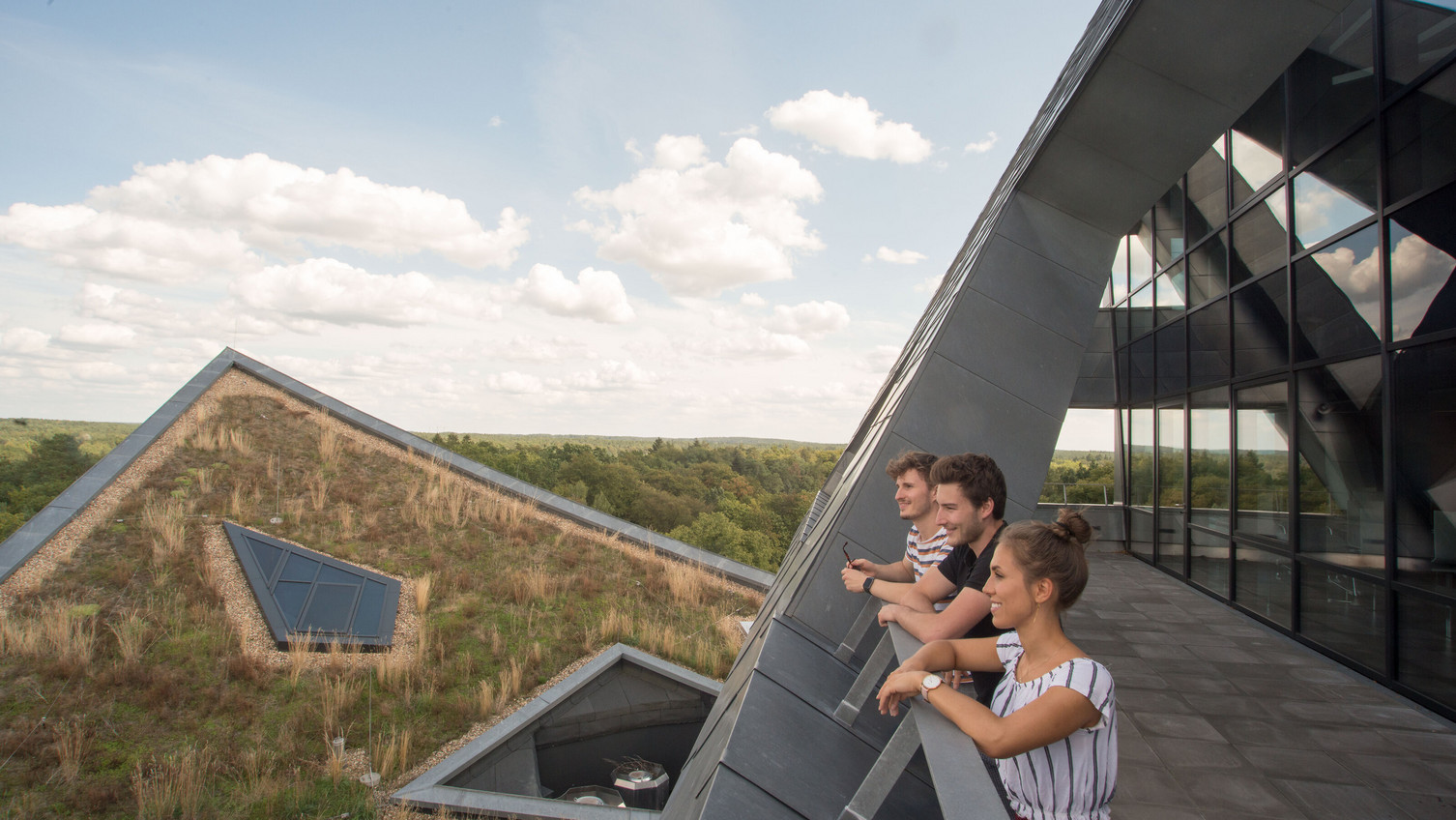 ©Leuphana Universität/Jannis Muser
©Leuphana Universität/Jannis Muser
What is the Spring School about?
Feature Your Future: Envisioning Research Culture in 2050
The digital and international Spring School, "Feature Your Future: Envisioning Research Culture in 2050," is a unique opportunity for doctoral candidates and advanced Master's students to explore and shape the future of research. As emerging researchers, you will be at the forefront of academia and societal development by 2050, but securing a stable position in this rapidly evolving landscape is challenging. To succeed, it is essential to understand how research culture will transform over the next 25 years.
This interdisciplinary programme is designed to equip you with the future oriented and forward-thinking competencies needed to navigate and influence these changes. Over three days, you will engage with expert keynotes, participate in interactive workshops on predictive methods like strategic foresight and scenario development, and connect with peers in dynamic networking events. These experiences will empower you to anticipate future shifts in research culture, strategically position yourself in your field, and actively contribute to shaping the research landscape and broader societal development.
Understanding and adapting to the evolving research environment will not only enhance your current practice but also expand your career prospects both within academia and beyond. Join us to become a versatile, forward-thinking pioneer capable of driving innovation, policy-making, and strategic decision-making in the research community of tomorrow.
Objectives
The Spring School will support you to develop:
Futures Thinking Competencies
- Develop an understanding of global trends and transformation theories.
- Become familiar with various methods for developing future scenarios.
- Learn to recognize and consider diverse perspectives on the future.
- Gain the ability to draw insights from past changes using predictive methods.
- Be equipped to explore and create future scenarios for research culture.
Intercultural Collaboration Competence
- Foster an understanding and appreciation of diverse worldviews.
- Build confidence in engaging effectively and appropriately in global discussions.
- Increase sensitivity to different forms of cooperation and communication across cultures.
Programme
Kick-Off
Join us for a mandatory Kick-off event on Wednesday, 19 February 2025, from 1.00 PM to 5.00 PM (CET) via Leuphana Zoom. This four-hour session will be your first step towards engaging with the Spring School. During the event, you will connect with fellow participants, familiarize yourself with the virtual learning environment, and discuss your expectations for the programme. We are going to work on collaborative learning guidelines to ensure a supportive and inclusive atmosphere throughout the Spring School. Additionally, we will conduct a technical check-up to ensure you are fully prepared.
Following the Kick-off, you will engage with the Spring School theme through reflection activities and readings. You will complete reflective prompts and write a blog post on a topic related to research culture and scenario development methods, to be discussed during the main event.
Spring School
The Spring School, scheduled from Wednesday, 2 April to Friday, 4 April 2025 from 9.00 AM to 6.00 PM (CEST), will be held digitally via Zoom, with continued interaction and resource sharing through MSTeams. The event starts with a welcoming session from partner institutions and features a series of international guest speakers exploring critical themes for the future of research culture. These talks will cover the role of narratives in transformation, how pragmatism can help in developing scenarios for future, and current trends that shape research culture.
You will engage in an intensive eight-hour workshop by the Copenhagen Institute for Futures Studies on stragegic foresight methods, along with two shorter workshops focused on methods for developing future scenarios. Reflective spaces will provide opportunities for peer networking and exchange, while Career Talks will facilitate informal discussions with senior academics about international career prospects. The programme will also include warm-up and closing sessions to reflect on learning and prepare for future endeavours.
The extended programme provides detailed information on content, speakers and schedule of the Spring School.
Spring School 2025 Schedule
Workload and Assignments
Credit points and workload
The Spring School features an engaging programme of 28 contact hours. Participants are warmly invited to take part in the kick-off event and all sessions, for which they will receive a participation certificate.
If you're interested in earning the full 5 ECTS credits (equivalent to 150 hours of study), additional coursework will be required. We aim to create an inclusive, welcoming atmosphere where everyone can learn, share and contribute to making this Spring School a brilliant experience for all.
Workload per activity
| Activities | Workload (hours)1,2 |
|---|---|
| Kick-off | 4 |
| Spring School | 24 |
| Preparation (e.g., Blog Post, reflective assignments) | 112 |
| Report | 10 |
| Total | 150 |
1Your achievements will be recognised in consultation with your home institutions. Grading of the assignment and the final examination will be specified individually by the partner institutions (see table assignments). 2 Leuphana doctoral candidates and Master's students: The 5 CP can be credited for either the Master's complementary studies or the doctoral courses. After your application has been accepted you will be invited to MyStudy events where you can enrol for the programme officially and get credited on MyCampus for your achievements.
General information on certificates and assignments
We offer two types of recognition for your Spring School journey:
If you join us for the programme's 28 contact hours, you'll receive a certificate of participation that acknowledges your engagement in our shared learning experience.
For those interested in earning the full 5 ECTS credits (equivalent to 150 hours), you'll have the opportunity to complete two assignments that will lead to a certificate of achievements. Don't worry - we'll explain everything about these assignments and the assessment process during our kick-off event, where you'll get all the details you need to make an informed choice about which path suits you best.
Both paths are valuable, and we'll support you whichever option you choose. Our aim is to ensure everyone has a rewarding experience that matches their goals and available time.
Overview of the assignments
CP |
| GRADING | REQUIREMENT FOR |
|---|---|---|---|
| 5 CP | Active participation | Certificate of participation | |
| Blog-Post (posted on MS teams prior to the main event) | pass / fail | Certificate of achievements | |
| Reflection report ( 2 pages) | pass / fail | Certificate of achievements |
Assessment criteria for written assignments
| Criteria | Aspects |
|---|---|
| Content adequacy (50%) |
|
| Scientific rigor (30%) |
|
| Formal quality (20%) |
|
Deadline
The deadline for posting the blog post on MSTeams is Sunday, 30th of March, not later than 11:59 pm CEST.
The deadline for submitting the written report is Sunday, 15 June 2025, not later than 11:59 pm CEST.
 ©Leuphana/Kersten Benecke
©Leuphana/Kersten Benecke
 ©Leuphana Universität/Jannis Muser
©Leuphana Universität/Jannis Muser
 ©Leuphana Universität Lüneburg/Alfred Brandl
©Leuphana Universität Lüneburg/Alfred Brandl
Application and Selection
The following section will give you the details on the application process and the required documents.
The extended application deadline is Sunday, 2 February 2025, not later than 11.59 PM CET.
Who can apply?
The Spring School welcomes Master's students and doctoral candidates from KU Leuven and Leuphana as our core participants. We are also delighted to extend the invitation to doctoral candidates, postdoctoral researchers and master's students from both partner and external universities. While we prioritise participants from our partner institutions, we have reserved places for external participants who share our passion for this field. The number of participants is limited to ensure an engaging and interactive learning environment.
Participation requirements
To complete your application, please provide proof of your current academic status:
- Participants from KU Leuven and Leuphana need to upload their certificate of enrolment (Studierendennachweis)
- Doctoral candidates and Master's students from other universities should upload documentation that confirms their current academic status
- Postdoctoral researchers should upload a document containing information to verfify their status, such as their institutional email signature or webpage link or contract information showing their current affiliation
The Spring School is conducted entirely in English, and participants should be comfortable following presentations, engaging in workshops, and completing written work in English. For the participation certificate, we invite you to actively engage in all Spring School activities and sessions. If you're interested in obtaining the full 5 ECTS credits, you'll be asked to complete additional assignments, including contributing to a blog post on the Spring School themes and writing a reflection report.
Don't worry - we'll explain all the details about these assignments during a dedicated FAQ session at the kick-off event.
Application requirements
A complete application includes the following documents:
Application form: Completed digital application form.
Proof of Academic Status: For your application, please provide documentation confirming your current academic role:
- KU Leuven and Leuphana participants: Please upload your certificate of enrolment (Studierendennachweis)
- Doctoral candidates and master's students from other universities: Please upload current documentation confirming your student status
- Postdoctoral researchers: Please provide your institutional email signature or webpage link showing your current affiliation
Letter of motivation: Please include a letter of motivation (maximum 1000 words) with your application. This letter should go beyond your CV to give us a genuine sense of who you are and your interest in the Spring School. We're interested in understanding your personal journey, whether you're on the way of professionalisation, deepening your research path, or developing your postdoctoral career.
Your letter might address:
- What drives your academic and professional interests?
- How do you envision the Spring School contributing to your development?
- What specific aspects of the programme resonate with your goals?
- What unique perspectives or experiences would you bring to our learning community?
- How would this programme enhance your current work and future aspirations?
Be personal and specific - help us understand why this Spring School would be meaningful for your journey. The selection process will prioritise candidates who demonstrate thoughtful engagement with these questions and clear motivation for participation.
CV: The CV should tell us the highlights of your education and professional experience relevant to the Spring School in a maximum of four pages. The highlights should connect the motivation letter to the spring school theme. English CV format is required.
Language skills: Applicants must confirm that they are fluent in English to follow and actively participate in all Spring School activities.
The application deadline is Sunday, 2 February 2025, not later than 11.59 PM CET.
Selection process
The selection is performed individually by each institution. Applications are managed centrally at Leuphana University. Letter of acceptance will be sent out two weeks after the application deadline to the successful applicants.
Contact
| Dr Anna Sundermann | |
| Officer for Digital Internationalisation | featureyourfuture@leuphana.de |
| Leuphana Graduate School | Phone +49 4131 677-2404 |
| Project Digital Transformation Lab (DigiTaL) | |
| Universitätsallee 1, C14.129 | |
| 21335 Lüneburg |
Partner Universities
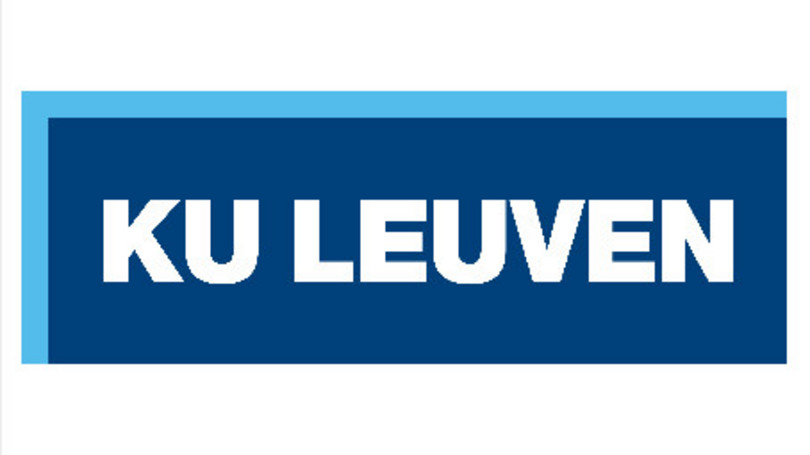 ©extern
©extern
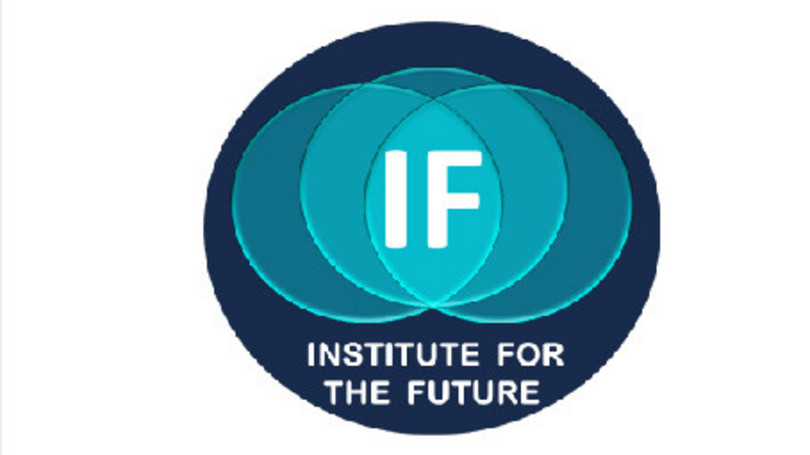 ©extern
©extern
 ©Leuphana
©Leuphana
Professional Contributor
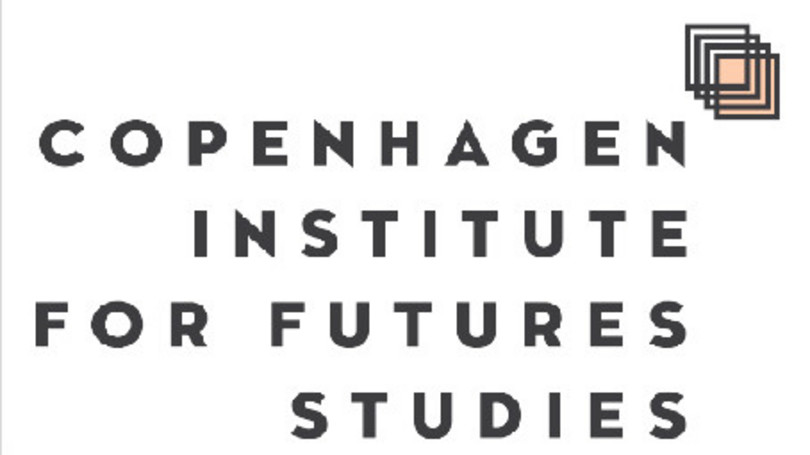 ©extern
©extern
Funded by
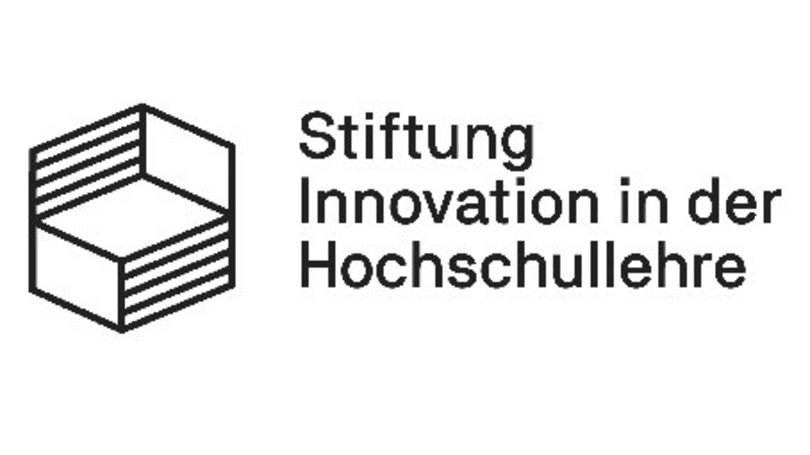 ©Stiftung Innovationen in der Hochschullehre
©Stiftung Innovationen in der Hochschullehre
